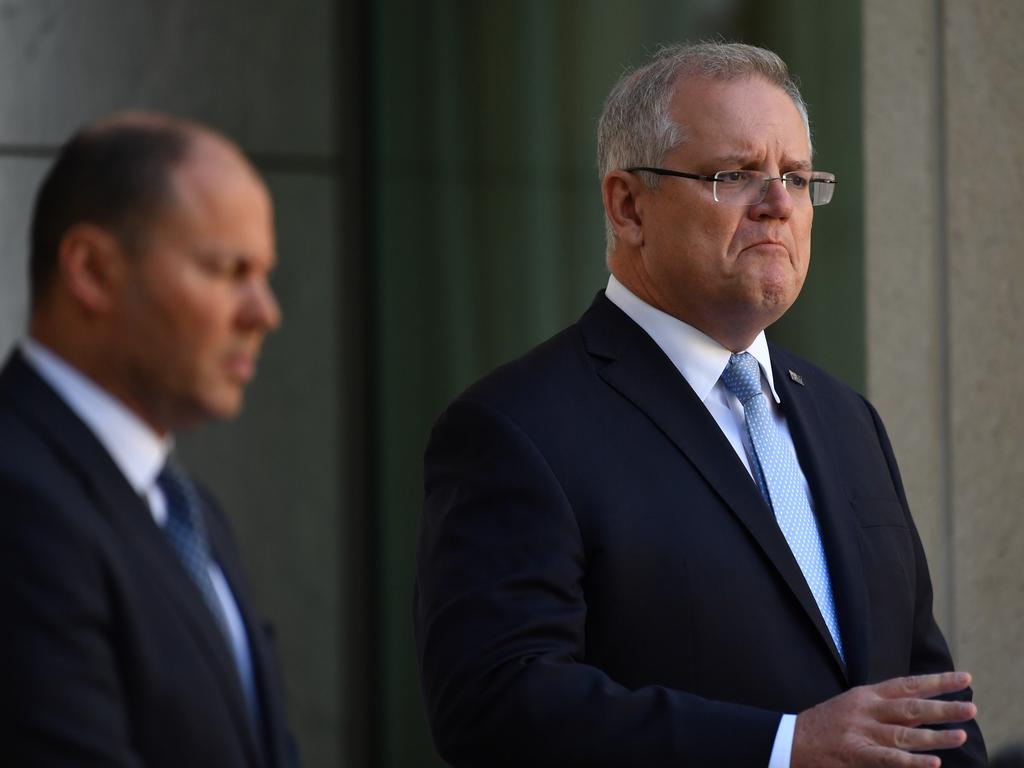Fears major funds may ‘freeze’ superannuation withdrawals
Funds could face difficulties in honouring a sudden and large volume of superannuation withdrawal claims.

Critics of the plan that allows Australians facing financial stress to take out a total of $20,000 in cash from their funds say the plan flies in the face of decades of bipartisan government policy.
Jeff Bresnahan, the chairman of research house SuperRatings, estimates that $20,000 taken out of a 35-year-old’s super account over the next 12 months foregoes around $80,000 in future benefits.
Bresnahan suggests: “If, as a result of unnecessary claiming, some funds are forced to consider freezing withdrawals to protect their remaining members, what will the government do then?”
A statement from Industry Funds Australia - an umbrella grouped for union-linked industry funds - warned funds could face difficulties in honouring a sudden and large volume of withdrawal claims: “The last thing anyone wants is for stressed members to face prolonged delays for access to their super due to administrative bottlenecks,” the statement said.
Industry data has consistently shown that industry funds have a higher concentration of assets outside the sharemarket in unlisted assets, which has been one of the reasons these funds have beaten retail rivals such as AMP and funds from the major banks over the past decade.
However, the extra exposure to unlisted investments - such as infrastructure projects - may also mean industry funds could be among the first to face what is known as “liquidity constraints”, where the fund cannot raise cash fast enough to match claims put through when asset prices are falling rapidly.
During the GFC, the motor trades industry fund MTAA went from being the best performing major fund in Australia to one of the worst as it struggled with liquidity issues. The fund had a large allocation to unlisted assets and it reported huge losses considerably later than rival funds with conventional sharemarket exposure. The MTAA Fund’s management ultimately faced a “no confidence” vote as the prudential regulator intervened; the fund has been successfully restructured in recent years.
Among the funds most exposed to the government’s “early access” plan - which even allows workers on youth allowance to access super - will be those with a younger demographic such as the building industry fund CBUS, the hospitality fund, HostPlus and the retail employees fund, REST.
Bresnahan at SuperRatings suggests the government could revisit the early access plan by tightening eligibility criteria or allowing big funds to take out loans from the Reserve Bank of Australia to meet all claims.
In contrast, supporters of the government plan suggest that with the government calculating the scheme will not prompt total withdrawals of more than $30bn, the $2.9 trillion super sector can accommodate the role now imposed upon it.
John Maroney, CEO of the Self Managed Funds Association, said: “We support the government in this move towards early access of super, this is a time of crisis and it is appropriate: We would also suggest anyone taking out super only do so as a last resort.”
Leading retail funds such as AMP have also publicly supported the early access plan.
Under the terms of the plan, to access your super you must satisfy any one of the following requirements:
— Be unemployed.
— Be eligible to receive a job seeker payment, youth allowance for jobseekers, parenting payment or special benefit or farm household allowance.
— After January 1 this year you were made redundant or you had your working hours reduced by 20 per cent or more. If you’re a sole trader and your business was suspended or your turnover fell by 20 per cent of more you can apply to the scheme, which is due to begin in April.







The government’s surprise move to allow broad-ranging early access to super to Australians of all ages has sparked fears major funds may “freeze” withdrawals in the face of a torrent of applications to the scheme.